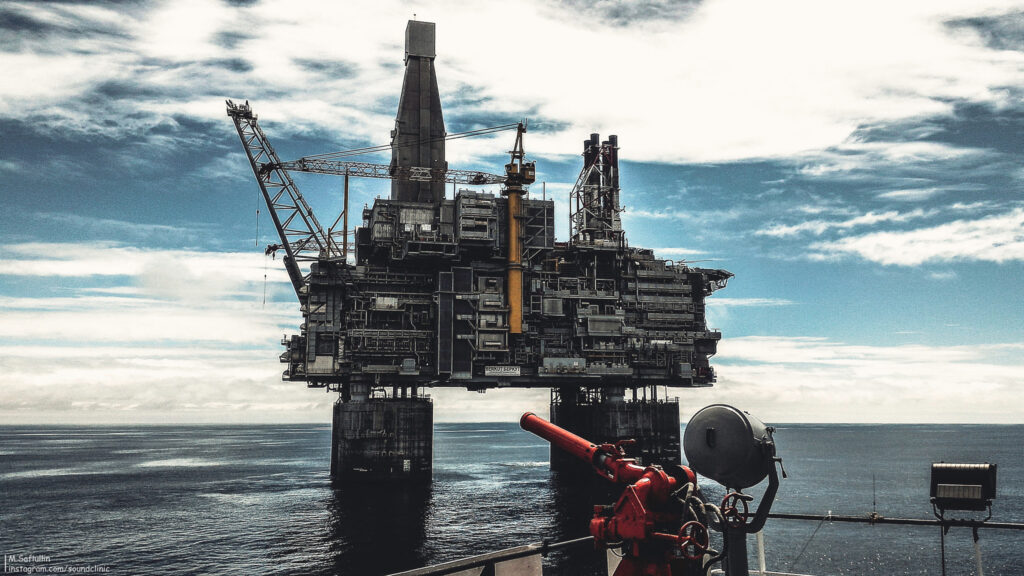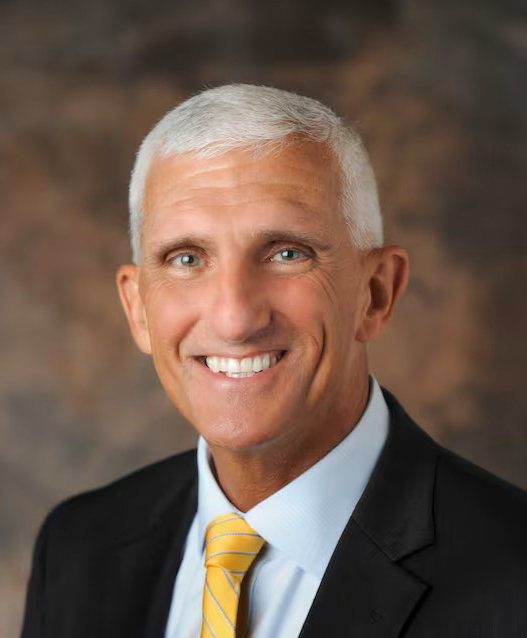By Mark Hertling, retired U.S. Army lieutenant general
It’s negotiations 101. When you’re trying to bring someone to the negotiating table, the last thing you want to do is strengthen his hand. You want him to think he has no choice but to negotiate. You don’t want him to think, “My position is getting better and better, so why would I settle now?”
As we’re trying to get Russian President Vladimir Putin to settle and end his atrocious invasion of Ukraine, the worst move we could make is to raise global energy prices while limiting our exportable energy supplies. In one fell swoop, we would fill the Russian government’s coffers (the country derives 45% of its revenues from oil and gas), give it the resources it needs to reconstitute its battered military and weaken our hand and those of the European nations also pushing for an end to the war.
Yet that’s exactly what Congress is considering. Some in Washington are arguing we should eliminate the historically bipartisan energy investment tax credits — specifically, the 25D and 48E credits — for solar, nuclear, storage and other technologies. Such a move would immediately jack up energy costs and kneecap the power sources that provide over 14% of America’s energy.

As the former commanding general of the U.S. Army in Europe, I faced off with Putin’s generals. I read daily intelligence briefings giving me insight into his thinking. He is vicious, but he is calculating. He knows when he’s been handed a gift. If we give him this kind of leverage, we won’t get him to settle. We might not even get him to the negotiating table at all.
Three years ago, I wrote that a Florida bill to eliminate incentives for rooftop solar would be a boon to Putin. I stand by that. But eliminating energy investment tax credits would make that gift to Putin seem negligible by comparison.
The credits led to an explosion in solar investment and energy generation. Since its passage, there has been at least $493 billion in renewable energy investment in the U.S., over 85% of which is private. Thanks to this injection of private capital, renewable energy is on pace to provide 2,200 terawatts of energy to American consumers by 2035, or about 58% of all American energy generation.
This growth in energy generation undercut Putin on two levels. First, by creating so much more supply, we put downward pressure on energy prices. Indeed, since the energy disruption price spike that Putin’s war precipitated in mid-2022, energy prices came crashing down to 2018 levels and have stayed roughly level ever since. That this happened during a period of strong global economic growth is nearly unprecedented.
Low energy prices devastated Putin’s regime. Coupled with the global sanctions regime, flat energy prices made the Kremlin’s tax revenue fall by roughly 20%. That left him begging countries like Iran and North Korea for military equipment he could not afford.
Second, the jolt in solar production gave us excess oil and natural gas we used to bail out our European allies. Until the invasion of Ukraine, Europe imported 40% of the gas it consumed from Russia. This left Europe at Russia’s mercy; Russia could literally turn off its lights. But with increased solar power taking care of America’s domestic needs, we could ship oil and liquified natural gas we didn’t need to Europe. Since the invasion, U.S. exports to Europe have skyrocketed. Putin lost his leverage.

Eliminating the investment tax credits would give it all back to him.
The great military theorist Carl Von Clausewitz said, “War is politics by other means.” His point was that the objective of any war is to put yourself in the strongest position for the war’s resolution; a winning combatant will be negotiating for his nation’s territorial expansion, economic benefit or, ideally, his opponents’ surrender.
It would be a grim irony, then, if our politics so strengthened Putin’s hand that he believed he had won the war. If he could, in any negotiation, demand maximalist territorial expansion or countless other concessions. If his economy (and his bank account) came out none the worse for wear.
That’s exactly what will happen if Congress chooses to eliminate the investment tax credits for solar, storage and nuclear. And we will have no one to blame but ourselves.
Mark Hertling retired as a lieutenant general in 2012, following 38 years in the Army. His final command was commanding general of the U.S. Army in Europe. He now lives in central Florida. This opinion piece was originally published by the Tampa Bay Times, which is a media partner of The Invading Sea.
Sign up for The Invading Sea newsletter by visiting here. To support The Invading Sea, click here to make a donation. If you are interested in submitting an opinion piece to The Invading Sea, email Editor Nathan Crabbe at ncrabbe@fau.edu.



